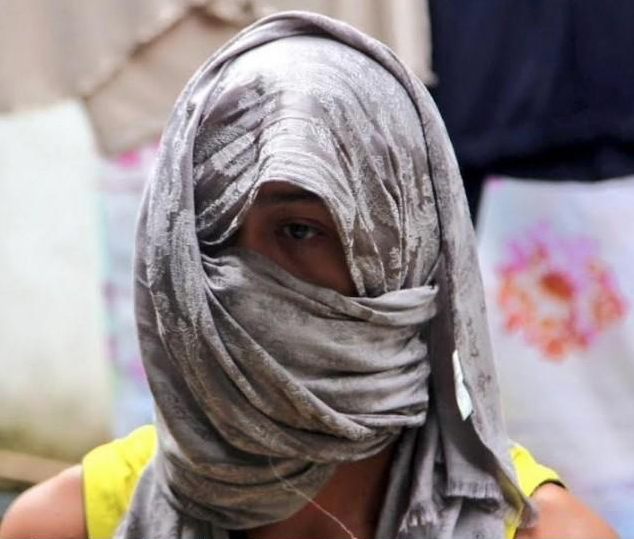“I regret everything,” whispered Karim.
In 2009, a group of men offered young Karim roughly 300 US dollars a month for what he thought was military training. After three months he was released and instructed to go home and wait. He returned to his normal life and didn’t hear anything for more than 8 years.
But, on May 23rd Karim’s trainer appeared at his door, sword in hand, calling him to join the insurgence in Marawi City. He didn’t want to fight. He didn’t want to take up arms against his neighbors. He resisted, but the commanders told him several female fighters were killed without cause. Feeling an obligation to protect his people, Karim recalls, “this time I was convinced…”
But it was a lie. A lie meant to entrap Karim and force him to fight.
Sadly, recruitment tactics have evolved. Forced conscription – where children are abducted or beaten into submission – is still the archetype of child soldiering, but there are other maneuvers that force children into joining militia groups. They exploit children’s fears and dreams for themselves, their families or their communities by giving them the illusion of freedom.
By the time Karim learned there were no women murdered, quitting was not an option. Instead, he positioned himself near a known hideout of trapped civilians and started to plan their escape. “I did not want them to be killed.”
Karim’s recruitment story is one of many. Sometimes kids choose this path thinking it leads to survival – or that their participation will save others – unaware of the full cost. But unlike Karim, not many have had the opportunity to escape. It’s because of kids like Karim that we persist. It’s why we must focus on preventive programing in addition to increasing our rescue efforts.
To read Karim’s full story, including the rescue details of 18 innocent civilians click here, and follow the PAK47 social media platforms for more information on the ongoing Marawi City crisis and help us engage our community!

